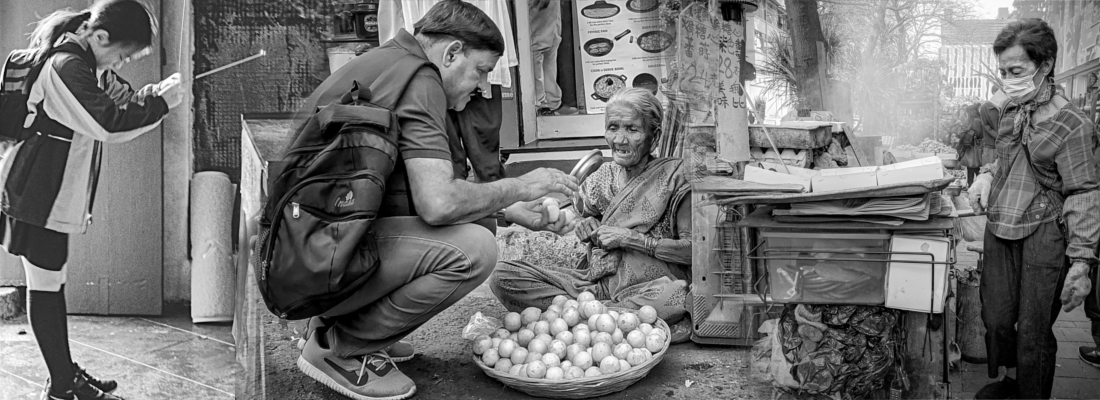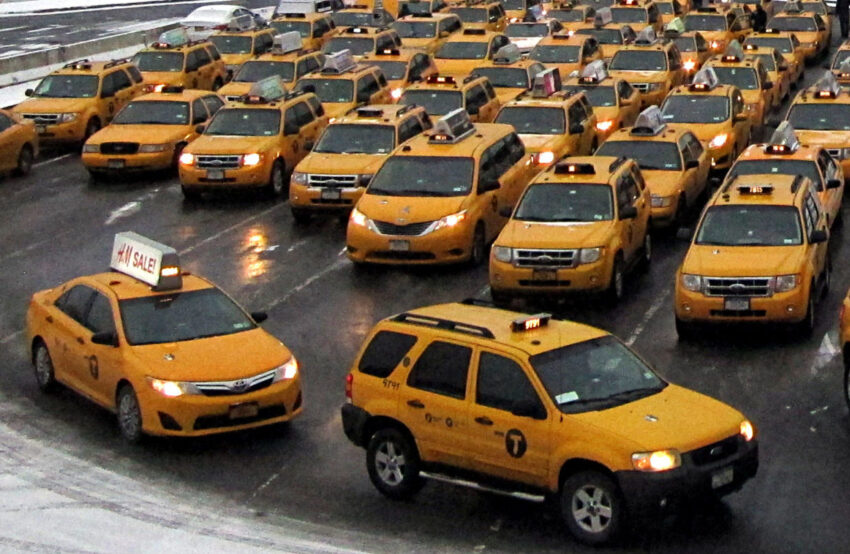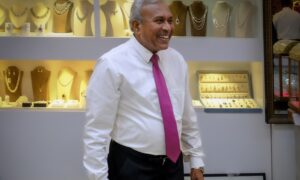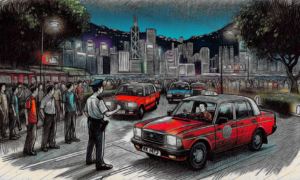My taxi driver sat ramrod straight, and exhibited a confusing mixture of subservience and independence.
He had picked me up at LaGuardia airport, where he had politely called me “sir” as he effortlessly loaded my bags into the trunk. Yet the taxi was his realm. That was clear. I had to follow his rules.
He was tall and fit in a decidedly un-taxi-driver-like way, and dressed neatly in slacks and a sweater over a button-down shirt. His Taxi and Limousine Commission ID placard showed a name I didn’t think I could reliably pronounce. I asked him where he was from.
Afghanistan, he told me.
“Do you miss it?” I asked, as I often do of immigrants.
“Yes, sir.” The sir sounded like a politeness among equals, not a matter of deference.
“How long have you been in the US?”
“Several years.” His English was accented but good enough for conversation.
“Have you been back?” Perhaps a foolish question on my part, as the war there was still in high gear. This was during the “Taliban resurgence,” as Afghans of all stripes were increasingly angry with the US.
“Yes. I go back and forth every six months. I come here to earn money.”
Odd.
We sat in silence for a while as he drove smoothly through traffic. I noticed his right arm resting not on the steering wheel but pointlessly on the automatic gear shift.
“You’re used to driving manual transmissions, right?” I asked.
“Yes.”
“In Afghanistan?”
“I drive trucks there.”
He was relaxed and alert as he drove, his eyes looking straight ahead, then left, then right, then ahead again, in a repeating loop. Very professional. Very disciplined.
Suddenly everything clicked. A supremely professional truck driver from Afghanistan who was in good shape, well dressed, polite but firm, and highly disciplined. A man who returned to Afghanistan with regularity. This man was a soldier in the Afghan War.
The only question was whose side he was on. And in Afghanistan, that was always a complicated question.
He needed money. Was it to fund the U.S. side, which by this point may technically have been the NATO side? That didn’t seem likely.
To fund the Taliban side? Perhaps. How would I know? I couldn’t ask.
As he dropped me off at home after a 90-minute drive, I thought about the tip. Where would the money go?
I didn’t want to help the Taliban. But I always tip taxi drivers — often generously for good service, and he had given me great service. (I also didn’t want a local Taliban soldier angry at me.)
What would you do?
I think a lot about tips, and who I should give my money to, and how much I should give.
Who should get a bigger tip: a waiter who gave me good service or a waiter who really needs the money? Does it matter if the waiter’s values clash with my own?
Waiters (here in the US) can legally be paid less than other employees because it’s assumed they will get tips. So that’s maybe a special case.
What about a Starbucks barista, who is well paid and who works in a good environment?
What about an Uber driver or DoorDash food deliverer or Instacart grocery shopper? They have, in some sense, chosen to work for a particular wage. Do I have an obligation to augment it? (In the case of DoorDash, my tips don’t even necessarily increase their pay. DoorDash pays their workers less for big-tip deliveries.)
Those workers at least have income. Maybe I should take my tip money and dole it out instead to the unemployed?
And what about my taxi driver? Did I “owe” him a tip? Should his political allegiance have been a factor?
In the end, I think the real question is this: What obligation is created by a brief encounter between two people?
And I’m still not sure.











2 thoughts on “The Taxi Driver (1) — And How I May Have Aided and Abetted the Enemy”